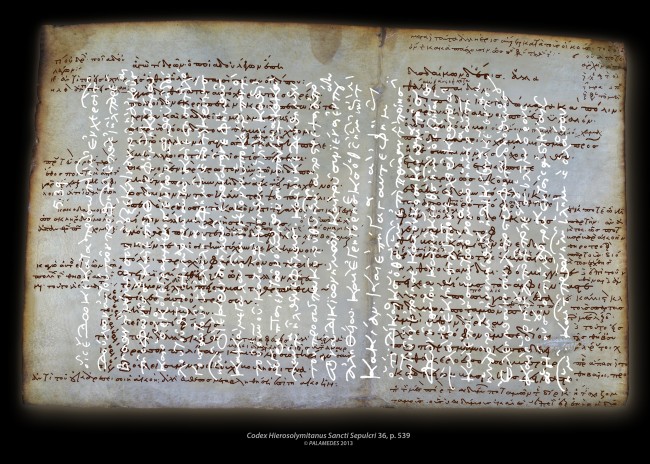Like every discipline, Classics has a big national conference. It's known as the conference for the SCS (Society for Classical Studies, formerly the APA-- the American Philological Association). This year, I'm going to attend for the first time. I'm going to be presenting at the AIA (the joint association meeting for the Archaeological Institute of America). It should be a lot of fun.
I've presented at only one other professional conference (although I did a whole set of graduate conferences and even two undergraduate conferences). However, this one is on an entirely different scale. I'm very excited.
My presentation (and studying for my history exams) has inspired me to start working on a new project. I won't spill the beans yet, but check back to the blog every once and a while. I should have the beginnings of the project ready for public consumption in a month or so...
I've presented at only one other professional conference (although I did a whole set of graduate conferences and even two undergraduate conferences). However, this one is on an entirely different scale. I'm very excited.
My presentation (and studying for my history exams) has inspired me to start working on a new project. I won't spill the beans yet, but check back to the blog every once and a while. I should have the beginnings of the project ready for public consumption in a month or so...

